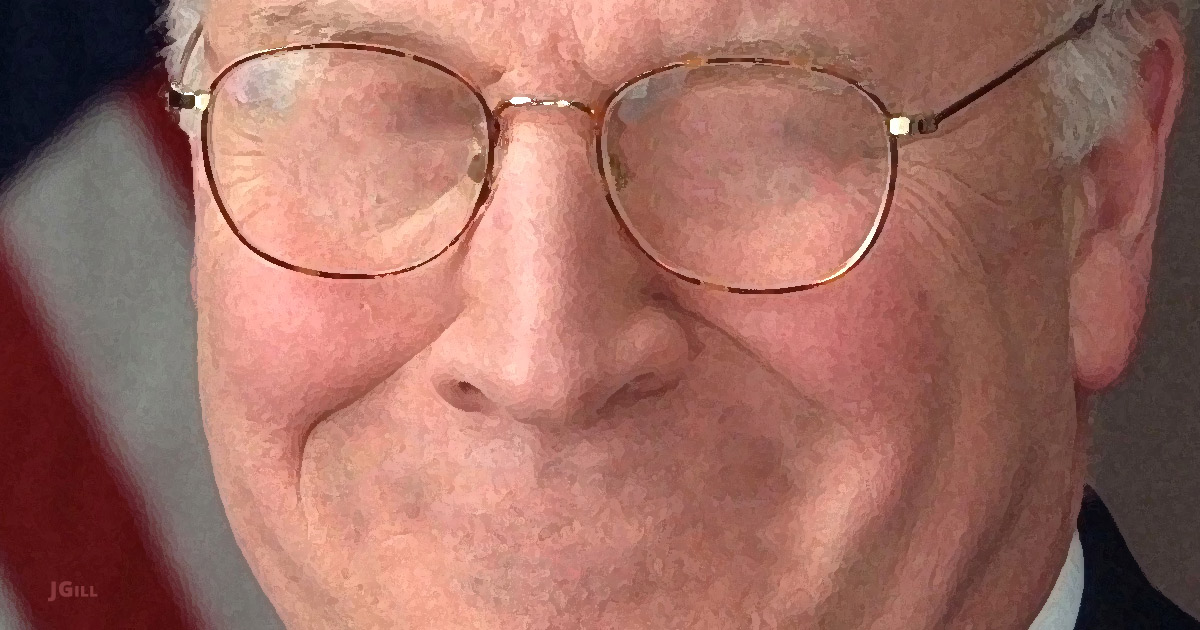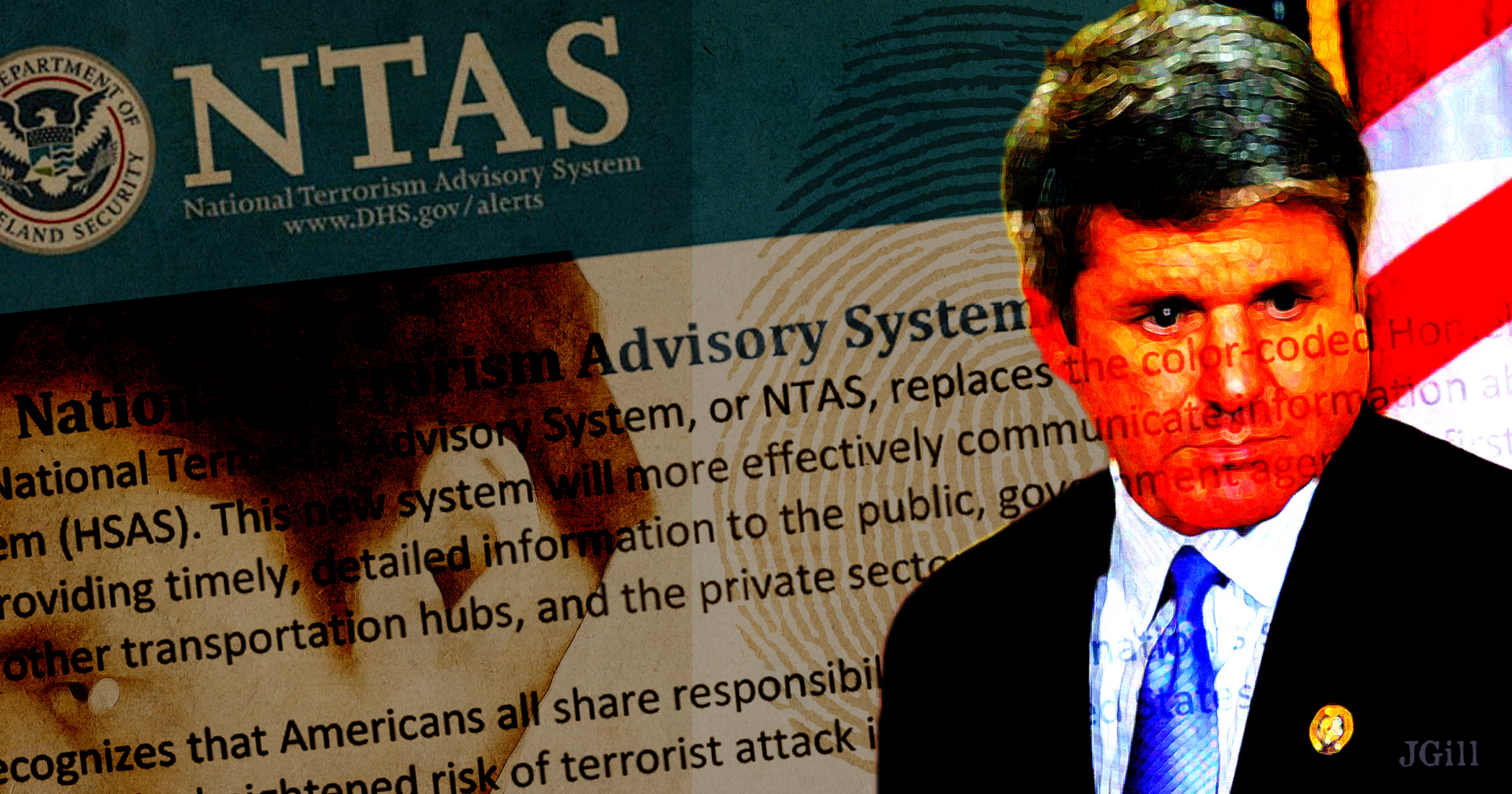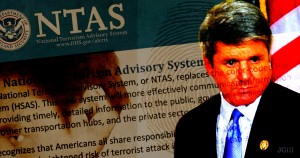The U. S. cleaves to some bizarre security standards. That is, about secrecy. Critics have been complaining for years about how “liberal” the federal government is in classifying information as secret. Or, put another way, how stingy the government is in providing us with information.
Not liberal at all.
This problem inhabits every nook and cranny of official Washington. But it’s most obvious in the case of 2002’s 9/11 report, from which 28 pages were removed. For reasons of state secrets. And that, as the BBC related this weekend, is the likely cause of much suspicion against Saudi Arabia.
Saudi Arabia? Yes. The country whose sands were walked upon by Mohammad, the Prophet, is also the country that gave birth to 15 of the 18 terrorist skyjackers, as well as spreading the Wahabist spin on jihad throughout the Islamic world.
So, by withholding portions of the report from the public, the government fed the flame of conjecture. And with it, the belief in a Saud conspiracy and a Bush and Obama cover-up.
The withholding of information does not give us a univocal perspective. We don’t know what is being kept from our eyes and ears. So when I read the BBC report, which stated that the “probable publication” of the previously classified parts “will clear Saudi Arabia of any responsibility, CIA chief John Brennan has said,” I get suspicious.
Good, if true. But the timing of this Brennan opinion, on the weekend of the Orlando massacre?
Stinks of spin and deflection by the government, against us . . . who wonder, not without reason, about “conspiracies.”
Should we trust the newly de-classified segments?
This is Common Sense. I’m Paul Jacob.





